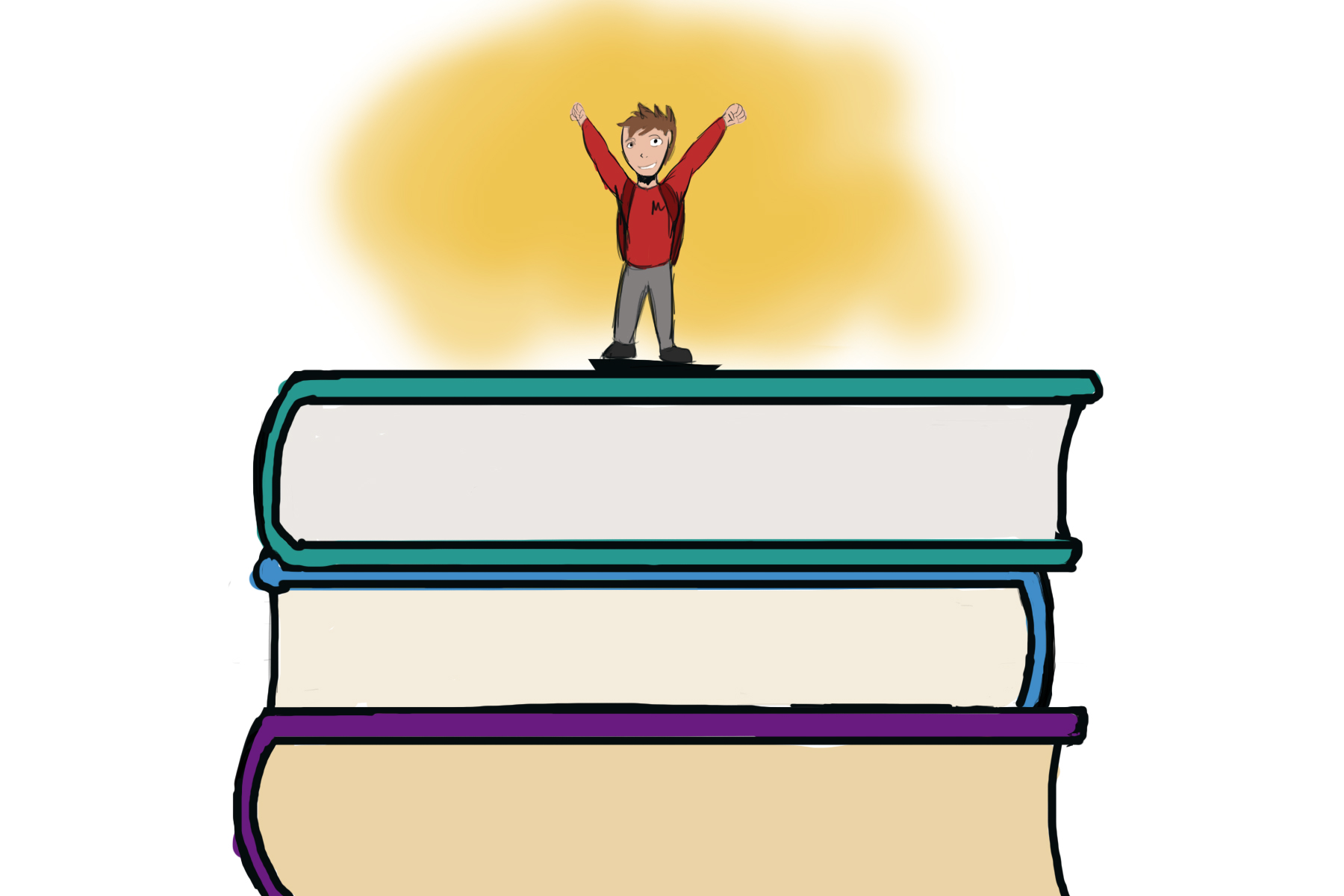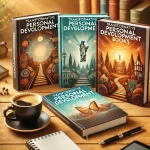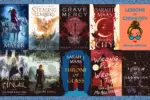Lying in a hospital bed, staring at his recently amputated foot and fearing death from the tuberculosis that had ravaged his bones since the age of 12, poet William Ernest Henley wrote “Invictus,” one of the most powerful works of poetry in the English language. “It matters not how strait the gate,” its final quatrain reads, “How charged with punishments the scroll / I am the master of my fate / I am the captain of my soul.
The three-stanza masterpiece, which quickly became the literary personification of British stoicism, is an elegant reminder that attitude is everything. Though it was written in 1875, the poem still resonates with modern readers so powerfully that it has been reiterated in almost every personal growth and development book since then.
These books, which range in gravitas from “Chicken Soup for the Soul” to the most austere works of philosophy, all share the same, somewhat commonplace goal: to improve your life. At their worst, self-help edicts can be soapy and cliché, but at their best, such as Henley’s magnum opus, they can inspire feats of courage and unlock untapped human potential.
However, college students often have a very specific array of concerns that need addressing, many of which involve the search for self-identity and other trappings of nascent self-development. As a result, undergraduates looking for self-help tracts would be best to find works more attuned to their specific needs, not generalized self-improvement pieces.
So, to help, I’ve compiled five of the best self-help books for college students. Enjoy!
1. “The Secret” by Rhonda Byrnes
“The Secret” centers on the law of attraction. Or, in other words, the concept of like forces magnetizing like forces. When we visualize the goals we want to reach, we diffuse our energy into the universe and it eventually returns back to us.
Byrnes believes that thoughts reverberate through the cosmos and become reality; therefore, broadcasting positive thoughts generates more of the same kind, becoming hundreds of times more powerful over time. Writing that in order to make meaningful alterations in your life you must “change the channel and change the frequency by changing your thoughts,” Byrnes depicts the vibrations of mental forces as the remote that controls the images in your mind.
The author exhorts anyone who wants to improve their life to figure out their individual “Secret Shifters,” or resources you can draw from that have the ability to modify your mood instantly.
According to Byrnes, examples include: “beautiful memories, future events, funny moments, nature, a person you love, your favorite music,” etc. Having these triggers available at your convenience can help you pass through negative moments more quickly.
The novel compiles wisdom from 24 different teachers and countless stories of “financial miracles, miracles of physical healing, mental healing, healing of relationships,” which can feel like a breath of fresh thinking in the stuck moments of your life.
2. “The Subtle Art of Not Giving a F*ck” by Mark Manson
In his debut book, famous blogger Mark Manson reveals a no-BS approach to living a fulfilling life by focusing only on what’s most important to you. For college students specifically, the idea of who you are being defined as “what you’re willing to struggle for” resonates on a visceral level. When you are constantly trying to make deadlines from morning to night, Monday to Sunday, the only way to stay sane is to let go of what is out of your control and focus on what is.
Manson understands that life can be overwhelming, and his solution is simple: stop giving a f— about things that don’t matter. Providing allusions and personal stories throughout the novel, “The Subtle Art of Not Giving a F*ck” is a personal growth book unlike any other. Because it is hilarious and very direct, the book appeals to people who usually dislike the pompous way that self-help books are typically written, and as a result became an instant New York Times’ best-seller and one of the most widely read books of the last decade.
3. “The Defining Decade: Why Your Twenties Matter and How to Make the Most of Them Now” by Meg Jay
As someone in their early 20s, it’s easy to believe that we have all the time in the world to become the people we want to see ourselves as. In reality, our 20s are bound to slip between our fingers and pass before our eyes. Meg Jay, clinical psychologist, author and speaker who specializes in 20-somethings, wrote “The Defining Decade” and pinpoints specific reasons why the decisions we make in our 20s impact our futures more than any other.
Sharing expert advice on how to invest in the things that add value to our lives, having a wide network and picking partners we could actually envision a life with, Jay suggests that young adults should start making actions in line with where they want to see themselves in one, five and 10 years.
Despite the perception that it’s perfectly acceptable for 20-year-olds to slack off, work as baristas, live paycheck to paycheck and date all the wrong people, “The Defining Decade” offers suggestions on how to capitalize on the choices our 20s offer us. Considering how “80 percent of life’s most significant events” take place by 35, if you’re not getting ahead, you’re falling behind.
4. “The Four Agreements” by Miguel Ruiz
After surviving a fatal car crash, Miguel Ruiz decided to start living his life to the fullest and wrote “The Four Agreements” based on the wisdom of the Toltec culture. These affirmations consist of being impeccable with your word, not taking anything personally, never making assumptions and always doing your best.
As college students, we are constantly facing criticism from outside forces like professors, parents, bosses, people on social media and, most painfully, ourselves. By remembering that each day could potentially be our last, we must practice inuring ourselves to opinion of others. Instead, the book teaches daily exercises you can do to forgive others (and ourselves) in order to become the best version of yourself possible.
5. “How to Win Friends and Influence People” by Dale Carnegie
Dale Carnegie’s “How to Win Friends and Influence People” remains an esteemed personal growth book nearly 85 years after it was first published in 1935, meaning that is one the most well-known personal growth book in the history of mankind.
Teaching principles about becoming more likable, handling your relationships better and influencing people without being too pushy, Carnegie offers valuable lessons about how to seem intriguing so that people will care about what you have to say.
One of the biggest takeaways I got from “How to Win Friends and Influence People” is to merely smile more often when you aspire to be well-liked. Another tip I try to practice is to make others talk about themselves when you want to seem interested in them, allowing them to feel more comfortable to open up to you. While these tips are quite straightforward, the most simple pieces of advice usually tend to work best at getting people to enjoy your company.
I am forever grateful that I came across these books during my college career, because exposing myself to such profound ideas at a pivotal stage in life has allowed me to become surer about my life than I had ever thought possible.
For those who are not into reading books, self-improvement articles from the lifehackerguy might be useful too. These five personal growth books above, however, have introduced me to concepts that changed my perspective and thought processes on a daily basis, instilling in me the wisdom that I am fully capable of possessing, becoming and doing anything I set my mind to.
















